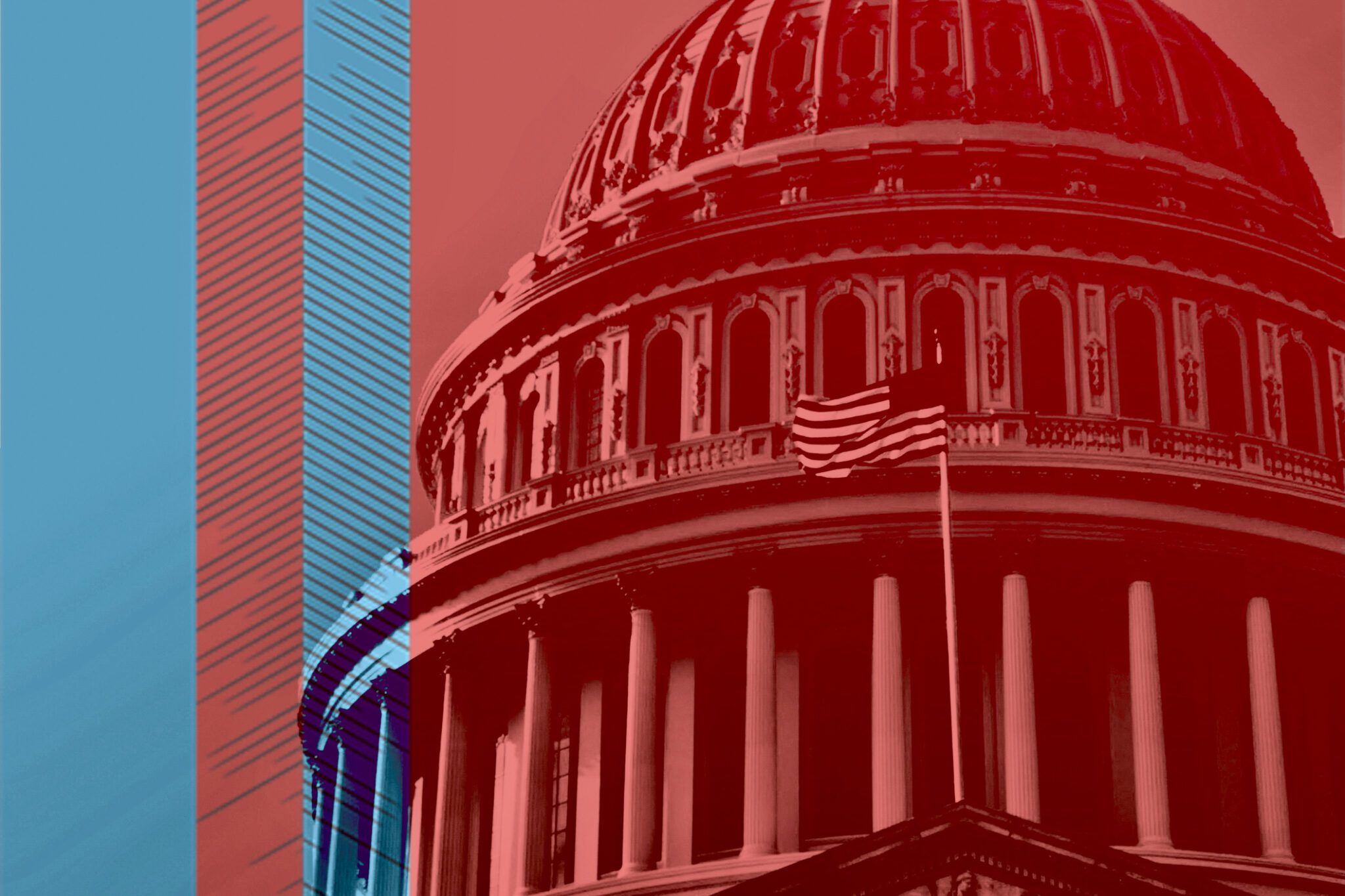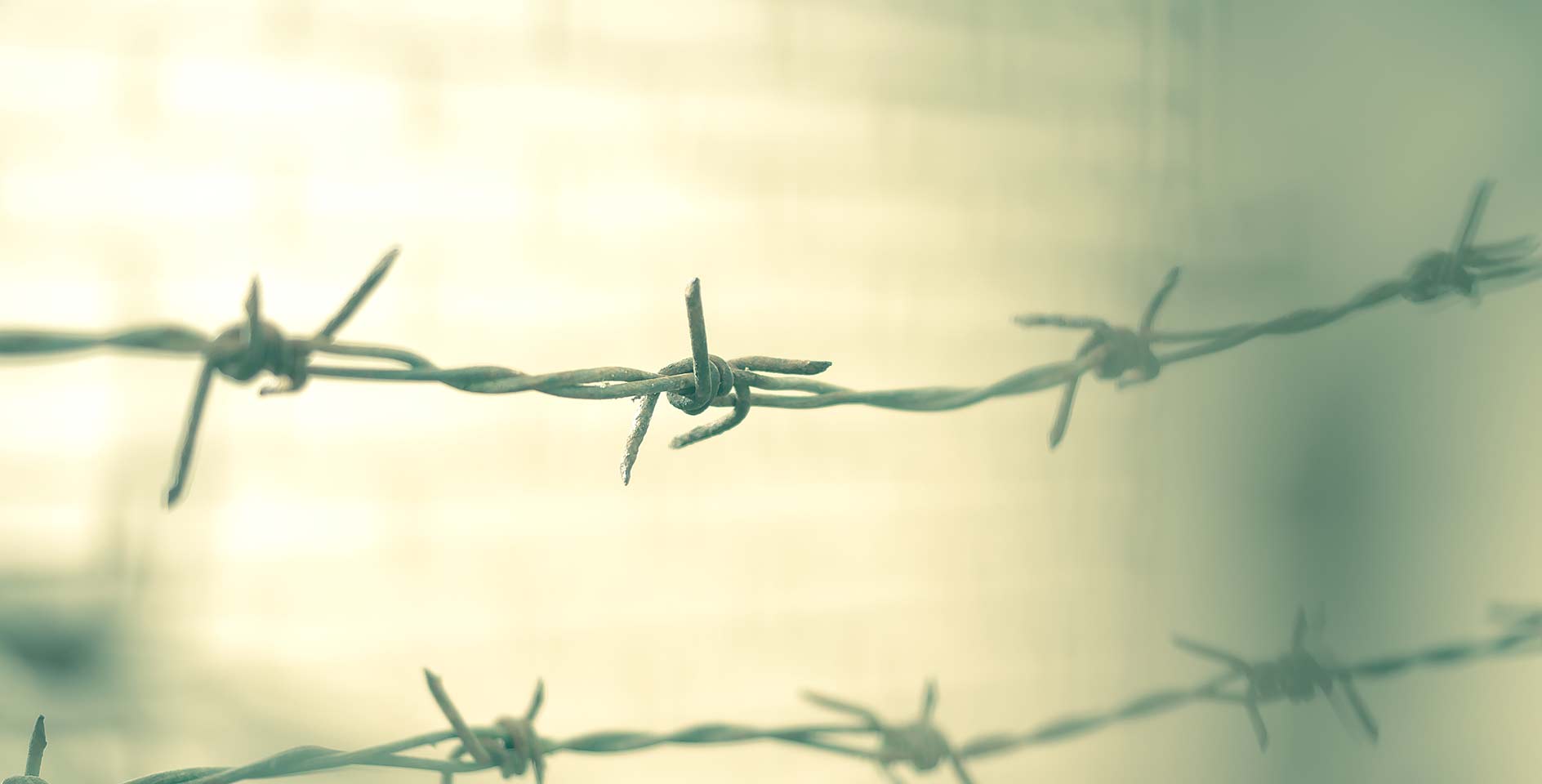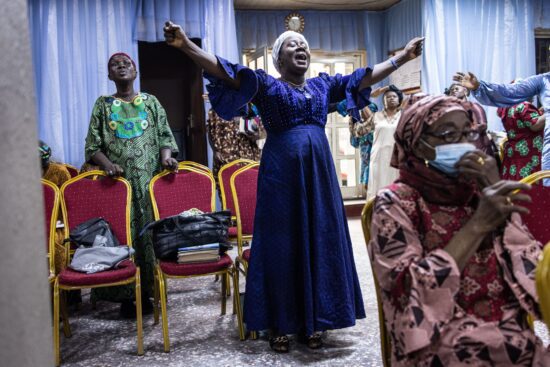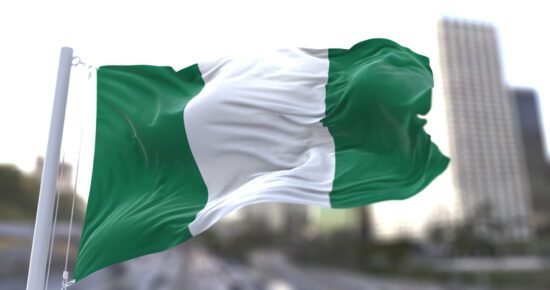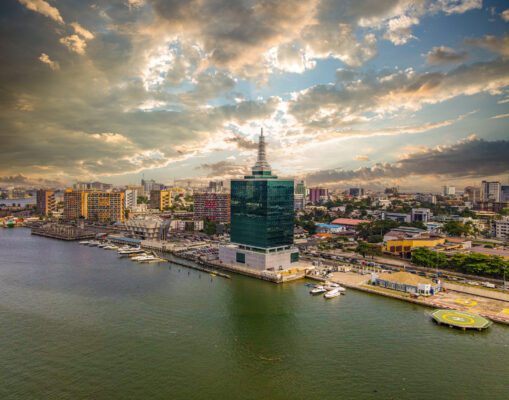More than two decades ago, the United States made a significant commitment to promoting religious freedom as a foreign policy objective with the passage of the International Religious Freedom Act of 1998 (IRFA Act). Designed to “strengthen United States advocacy on behalf of, individuals persecuted in foreign countries on account of religion,” the law authorized “actions in response to violations of religious freedom in foreign countries.”
The act also requires that the Secretary of State identify “countries of particular concern,” a designation reserved for nation’s guilty of particularly severe violations of religious freedom. The classification is used for countries that have committed “particularly severe violations of religious freedom,” including violations such as:
a) Torture or cruel, inhuman, or degrading treatment or punishment;
b) Prolonged detention without charges;
c) Causing the disappearance of persons by the abduction or clandestine detention of those persons; or
d) Other flagrant denials of the right to life, liberty, or the security of persons. Nations so designated are subject to further actions, including economic sanctions, by the United States.
On Monday, the State Department released this year’s list of offenders. The countries of particular concern are Burma, China, Eritrea, Iran, Nigeria, North Korea, Pakistan, Saudi Arabia, Tajikistan, and Turkmenistan. Nigeria was the only new addition for 2020.
Secretary of State Pompeo announced the designation of specific sanctions for Burma, China, Eritrea, Iran, and North Korea, satisfying the IRF Act’s presidential action requirement. However, an amendment to the act allows the president to waive punitive measures against a concerned country if they believe it is necessary to advance other foreign policy interests. This year a presidential waiver was given to Nigeria, Pakistan, Saudi Arabia, Tajikistan, and Turkmenistan after “determining that there were important national interests of the United States requiring the exercise of the waiver authority.”
Four other countries—Comoros, Cuba, Nicaragua, and Russia—were also placed on a Special Watch List for governments that have engaged in or tolerated “severe violations of religious freedom.” Sudan and Uzbekistan were removed from the Special Watch List based on significant, concrete progress undertaken by their respective governments over the past year. Secretary of State Pompeo said, “Their courageous reforms of their laws and practices stand as models for other nations to follow.”
The Frank R. Wolf International Religious Freedom Act of 2016 also calls for the president to identify any non-state actors operating in a reviewed country or surrounding region that have engaged in particularly severe violations of religious freedom. Al-Shabaab, al-Qa’ida, Boko Haram, Hayat Tahrir al-Sham, the Houthis, ISIS, ISIS-Greater Sahara, ISIS-West Africa, Jamaat Nasr al-Islam wal Muslimin, and the Taliban are all listed as Entities of Particular Concern. Two other non-state actors that were previously listed as an Entity of Particular Concern designations—al-Qa’ida in the Arabian Peninsula and ISIS-Khorasan—were removed “due to the total loss of territory formerly controlled by these terrorist organizations.”
On Tuesday, Sam Brownback, the U.S. Ambassador-at-Large for International Religious Freedom, spoke to reporters about the list and the current climate of international religious freedom.
“We are seeing on the good side a number of religious groups and theologians—Christians, Muslims, and Jews in particular—stepping up to push back against the use of religion for violent purposes and saying no, our faith is a peaceful faith and using theological arguments,” said Brownback, “And I’m very hopeful that as these things move forward that we’ll see more peaceful theologians step forward and say that our faith is for the use of peace, not war. “
The ambassador said he was encouraged by a recent peace summit of Christians, Muslims, and Jews religious leaders who said their faiths were for the use of peace, not war. “We cannot concede the theological ground to those who would push for violent use of religion,” added Brownback.
See also:
The state of religious liberty in China
The continuing persecution of Nigerian Christians
What is the Frank Wolf International Religious Freedom Act?
What you need to know about the International Religious Freedom Report

